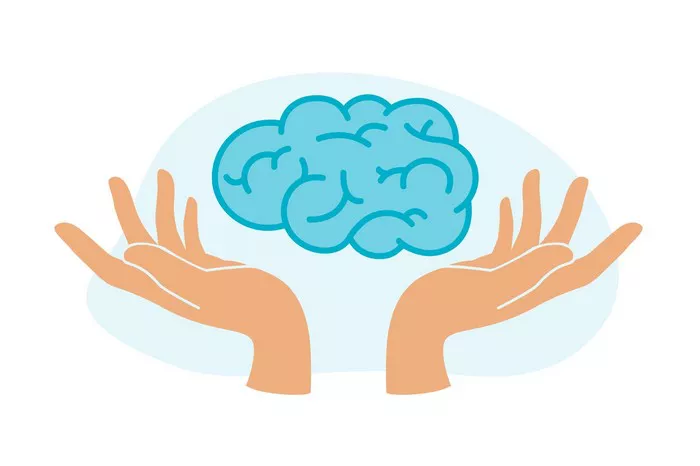May is National Women’s Health Month, a time for women to pause and reflect on their overall well-being and explore ways to improve their health.
According to a press release from District Health Department No. 4 (DHD4), National Women’s Health Month encourages women and girls to prioritize their health—physically, mentally, socially, and emotionally. Practicing healthy habits complements both preventive and ongoing medical care.
Tammie Nemeth, executive director of Options Pregnancy Center in Alpena, and Vicki Rupert, nurse clinic manager at the center, emphasized the importance of this month and the unique aspects of women’s health.
“I think women need to take the time to recognize their own needs and understand that those needs deserve to be met,” said Rupert. “You have to fill your own cup first before you can pour into others’. As women, we give so much that we often forget to take care of ourselves.”
Nemeth agreed, noting that self-care is crucial, especially for women managing multiple roles.
“In order to be effective in whatever you do—whether that’s leading, parenting, working, or nurturing—you have to stop and take care of yourself,” Nemeth said. “Otherwise, you risk burning out.”
Both women highlighted the caregiving and leadership roles that women naturally assume in their families and communities.
“In health care, we see that women—whether intentionally or not—are typically the caretakers,” Rupert said. “They tend to carry the burdens of others.”
Rupert pointed out that when women visit the clinic about a pregnancy, many are more worried about how it might affect those around them than about themselves. More broadly, she noted that women often ignore early symptoms of health issues that could later become serious.
“Women really do prioritize the needs of their spouses, children, parents, or siblings over their own,” Rupert said. “They’ll put themselves last and overlook signs that need attention.”
She added that many women also skip routine screenings such as mammograms.
Despite these challenges, Nemeth and Rupert noted positive changes in women’s health care over the past 20 years, including advancements in ultrasounds, cycle-tracking apps, prenatal care, and greater access to resources.
Rupert said there’s also been a cultural shift—fewer taboos exist around women’s health, and women today can speak more freely about their experiences. However, she and Nemeth acknowledged that young women still feel pressured to choose between career ambitions and family roles.
“You’re not failing if you’re not home all the time—just be truly present when you are,” Nemeth said. “And if you’re a stay-at-home mom, that’s incredibly valuable work. Own it, and do it with excellence. We’re not in competition with each other. There’s grace in balancing both paths.”
Rupert agreed, encouraging women to reflect on their motivations.
“Ask yourself why you’re pursuing a certain path,” she said. “Are you chasing a title like CEO because someone told you to years ago? Sometimes women are people-pleasers by nature. But if that goal isn’t really yours, trying to force it can lead to stress and even depression.”
She added that a deep sense of dissatisfaction often stems from not living according to one’s true purpose.
According to the U.S. Office on Women’s Health (womenshealth.gov), women are nearly twice as likely as men to experience major depression. Additionally, about one in five women face mental health challenges during pregnancy or within the first year after giving birth.
The agency also reports other key statistics: cancer accounts for one in six female deaths, and women under 50 are almost twice as likely as men of the same age to develop cancer. More than one million women in the U.S. enter menopause each year, typically between ages 45 and 55.
Related Topics

































